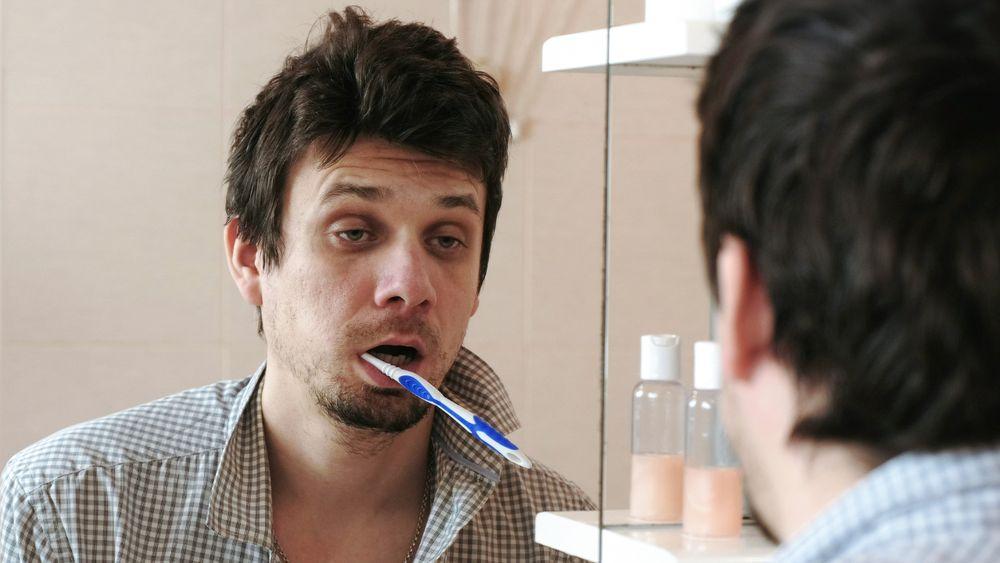For you, losing a night’s sleep and staying studying, working or doing any leisure activity may have no consequences. But the truth is that the implications of doing so are greater than you can imagine. Scientists warn of the way in which a sleepless night can directly affect your emotional stability.
Maybe the next time you decide to stay a sleepless night by choice you will think twice. Different studies and sleep experiments that have been carried out over the years have confirmed that going 24 hours without sleep can affect you much more than you imagine. Now a new investigation provides new data and reveals certain aspects that help to understand everything better.
The negative impact of not sleeping
We take as a reference the text published by the scientist Eti Ben Simon in Scientific American, where he recounts the results of his experiments. He mentions that, for a period of time, he had to sacrifice Friday nights for work. Next to him, there was a team that was in the same situation. Before long he came to realize that they had become part of the experiment.

And when he had been in this routine for two months, one day he found himself crying in the car while listening to a romantic song. It had never happened to her before and she didn’t understand why until she deduced that it was all related to the way it affected his brain. At that moment, he understood that his emotions were at their limit and that the fragility he was suffering was due to all the lost sleep he had accumulated. But his case is not exactly the only one.
Soldiers testing their limits
The US military has done many experiments trying to find out where people’s limits lie in how long they can go without sleep. They discovered that, after three nights, the brain was already beginning to suffer major problems. For example, soldiers who had been very calm, polite, and with a restrained behavior, were carried away by new emotions, by lack of control, and even by aggressiveness.
Others manifested hallucinations and all kinds of stories that formed in their brains in the process of lack of sleep. Some mentioned that they believed they were on a secret mission by order of the president, while others made equally bizarre statements. In a parallel study carried out among civilians, there were those who claimed that they had felt ghosts touching them or even that they had seen aliens. But, in all cases, it was reflected that, after sleeping for a day after finishing the experiment, sanity was restored and everything that happened in that unstable state during the tests was completely forgotten.

science explains it
Little by little, scientists have been delving deeper and deeper into the way in which sleep affects emotional stability. This is how clear conclusions are reached that go beyond the hallucinations that occur in the most extreme cases. With just one sleepless night, you’re already increasing your risk of depression, anxiety, and other mental problems that can be difficult to fix when they get too high. This is something that can be verified, especially in people who suffer from chronic insomnia. But why does it happen?
To understand it, you have to focus on the prefrontal cortex and the amygdala body, which is in charge of controlling emotional reactions. When we lose sleep, recent studies show that there is a great change and movement in these two parts of the brain. It could be said that the work of the cerebral amygdala remains totally automatic without having control over what is happening. That is what leads to the fact that emotions are not controlled and that reactions can be totally opposite to what we have in a habitual way. The bad news is that while in the past this might have been believed to occur by accumulating several nights of sleep, today we know that it can happen simply by going one day without sleep. And that is clearly something that we have all done at some time.

Lack of control in the management of emotions shows that it increases in the case of people who sleep less than 6 hours a day or in those who have spent five days sleeping only four hours a day. If you fit into one of these profiles, you may understand why you are more sensitive than usual during the day, why you have bad reactions or get cranky in cases where there seems to be no reason. In conclusion: we need to sleep more.














